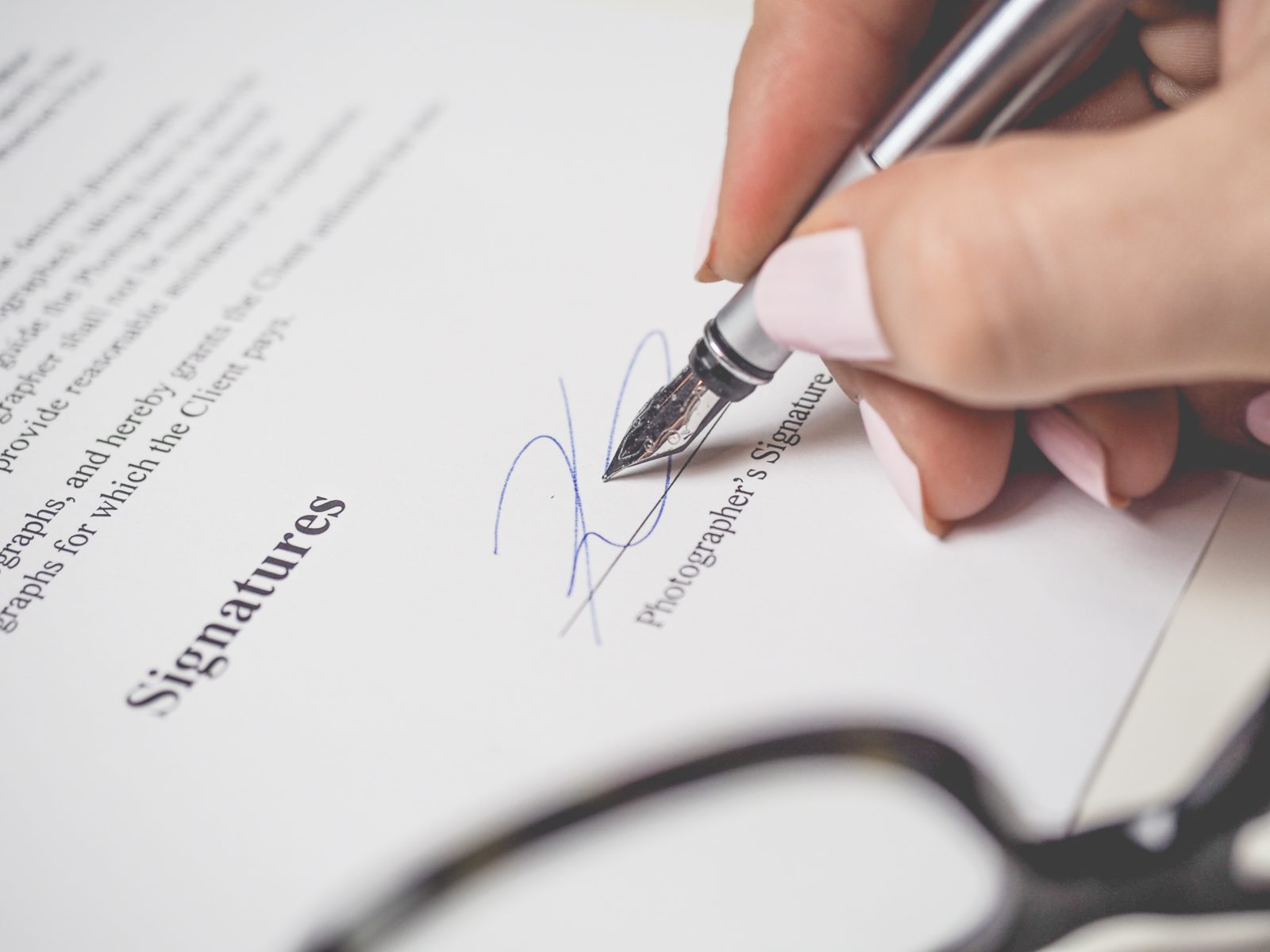On 11 March 2020, the World Health Organisation declared COVID-19 a global pandemic. Countries across the globe have taken unprecedented steps to curtail the spread of COVID-19, however, this has seen major disruptions within the economic space particularly for business.
What happens if you or your business cannot comply with the obligations under a contract due to the COVID-19 crisis?
There might be some legal options available to you depending upon your situation. Below, we consider the:
- legal concept of force majeure; and
- doctrine of frustration.
My contract includes a “Force Majeure” clause – what is that?
A contract will often include a force majeure clause.
Force majeure is a legal concept designed to provide relief to parties, otherwise bound by their obligations under a contract, affected by an unavoidable or unforeseeable event.
The inclusion of a force majeure clause within a contract is an express agreement between the parties setting out what is to happen if the contract is unable to be performed due to a certain event.
The concept of force majeure not only operates differently across all jurisdictions in Australia but also from contract to contact given the inherent principle of “freedom to contract”.
HINT: the principle of “freedom to contract” states that parties are free to define and set the parameters of a clause as they see fit.
Whilst there isn’t a standard force majeure clause, most clauses have three essential elements:
- the event can occur by forces either natural or human;
- the event cannot have reasonably been foreseen by the parties;
- the event was completely beyond the parties’ control and they could not have prevented its consquences.
An example of a force majeure clause is:
“Neither party is responsible for any failure to perform its obligations under this contract, if it is prevented or delayed in performing those obligations by an event of force majeure”.
Does my force majeure clause cover the COVID-19 pandemic?
To put it simply, it will depend on the drafting of your force majeure clause.
Most contracts will define the force majeure clause. Some examples include:
- Riot
- War
- Acts of terrorism
- Bushfires
- Floods
- Earthquakes
- Outbreak of infectious diseases
The more precise these clauses are drafted, the better they are able to be interpreted. For example, terms such as “Acts of God” should be avoided to ensure there is no ambiguity.
If your contract fails to specifically identify the events of force majeure that apply, then the specific facts and circumstances of your situation will need to be analysed.
This analysis includes consideration of the following:
- the agreed width of the clause – how broadly or narrowly did the parties agree for the clause to be drafted?
- if the clause is considered too ambiguous it should be interpreted against the party that created, introduced or requested that clause be included.
This is also known as the “contra proferentem rule”.
- where general words follow a list of particular things, for example “including, but not limited to”, the general words are restricted to matters of the same kind as those specifically listed.
This is also known as the “ejusdem generis rule”.
What happens if I enliven the force majeure clause in my contract?
Again, this will depend on the drafting of your contract. You should seek legal advice relevant to your particular circumstances.
Each contract should identity a party’s obligation, how it will be affected by the force majeure event, the obligations on the parties arising when a force majeure event occurs and the obligations on the parties after the force majeure event ceases.
What is the doctrine of “Frustration“?
The doctrine of frustration provides that both parties will automatically discharge each other from their obligations under the contract where it has been impossible to perform.
A contract may become frustrated where:
- neither party is at fault;
- meeting the obligations under the contract becomes “radically different” from those contemplated by the parties.
For example, a contract between A and B, whereby B agrees to hire A’s theatre on a particular night may be frustrated if, as a result of a terrorist act the theatre is destroyed prior to the date for performance of the contract.
If I cannot fulfil my obligations under a contract due to disruptions from COVID-19 am I protected by the doctrine of frustration?
It is important to remember that each situation must be analysed on its facts.
Not all major disruptions which will occur as a result of COVID-19 mean a contract has been frustrated.
What happens if I seek relief under the doctrine of frustration?
If a contract is found to have been “frustrated”, it is automatically terminated from the point of frustration.
This means that all future obligations are discharged, but any obligations which were required to be carried out before the frustrating event or any future obligations that do not require you to take positive action remain enforceable.
The doctrine of frustration arises from the common law. Some states have introduced legislation which sets out what is to occur when a contract becomes frustrated. See for example the Frustrated Contracts Act 1978 (NSW) and the Frustrated Contract Act 1988 (SA).
You should seek legal advice relevant to your particular circumstances.
Managing Contractual Impacts of COVID-19
Has the COVID-19 pandemic impacted your ability to comply with your obligations under a contract?
Has another party failed to comply with their obligations under your contract as a result of the COVID-19 pandemic?
Contact Hunt & Hunt Lawyers for further information or to discuss your particular circumstances.
With the uncertainty surrounding COVID-19 and the potential impacts upon business, it is important to be familiar with the legal options available to you at this difficult time.


































